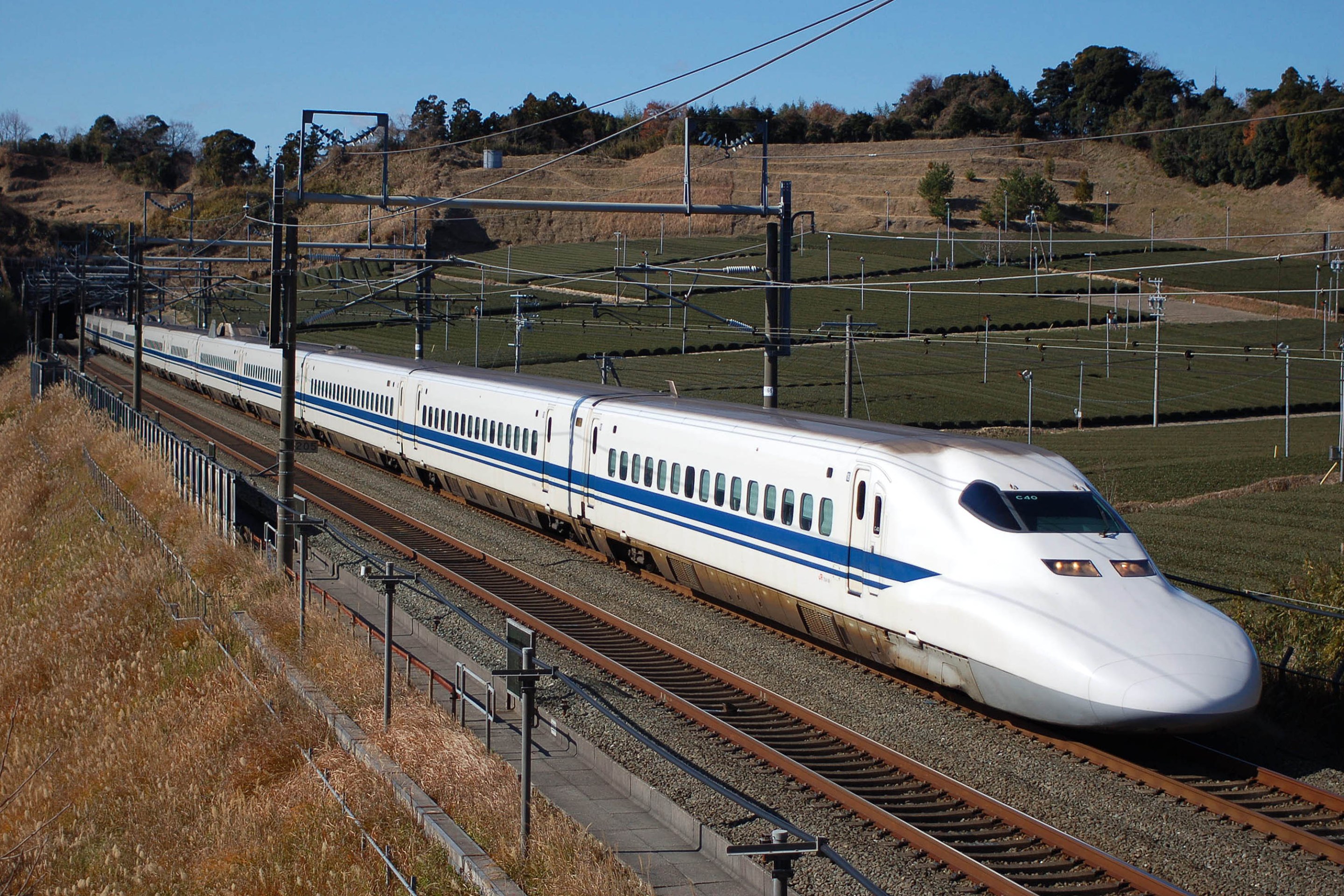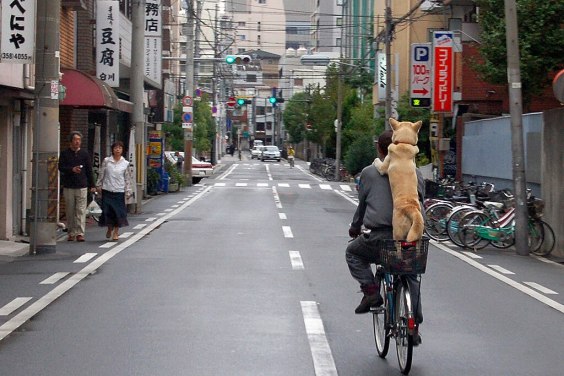As someone who is raising a child without a car in a transit-rich
city, I sometimes need to be reminded that for many people in the
United States, the reality of maintaining a family life without a
personal motor vehicle is impractical -- or simply unthinkable, for a
variety of reasons. This often holds true even if they live in a city
with relatively good transit.
Many car-free families in the Streetsblog Network have posted great
advice for people who want to have kids and take their transit too. Bus
Chick and Car Free with Kids are particularly good resources. And today, network member blog Human Transit
is featuring a guest post from EngineerScotty, father to "several"
small children who is a frequent user of Portland's TriMet system.
What's special about EngineerScotty's piece is that he makes some
persuasive arguments about why it's good for transit agencies to
encourage family ridership:
In training for a lifetime of riding transit. (Photo: lauratitian via Flickr)
Some
may dismiss families with children as an unlikely (or undesirable)
transit demographic, and propose that transit agencies instead focus on
those demographics more likely to be transit-compatible, such as
childless families and commuters. However, there are several problems
with doing so.Families who make the decision to move to the burbs are more
likely to abandon transit altogether. A car will be a necessity -- and then a
second car will often become attractive. At that point, even the
morning and evening commute for the family breadwinner(s) may be
instead done by automobile.Many trips made by families, especially daytime errands with smaller children, are made
during off-peak hours -- an important consideration for agencies trying
to load-balance (which is pretty much every agency).Children who grow up comfortable with transit are more likely to use it
as adults; those who grow up in the suburbs -- and whose main exposure to
"transit" is an uncomfortable yellow school bus -- are more likely to
continue
an auto-centric lifestyle when they grow up.Families with
children are an important political constituency as well. If they have
no stake in good public transit, they are less likely to support it
with their votes or their tax dollars.Children who are of sufficient age to travel alone, but aren't old
enough to drive a car, are a natural transit constituency.
Good points all. What are your experiences with kids and transit? Does your local system encourage or discourage families?
More from around the network: A compelling video from Next Stop STL about how how hospital workers in St. Louis need imperiled transit services to get to work. Hard Drive wonders
why reporting broken glass in a bike lane doesn't result in quicker
action -- this in the bike commuter haven of Portland, Oregon. And I Bike T.O. writes about how bike-sharing programs should be aimed at residents of a city, not tourists.





